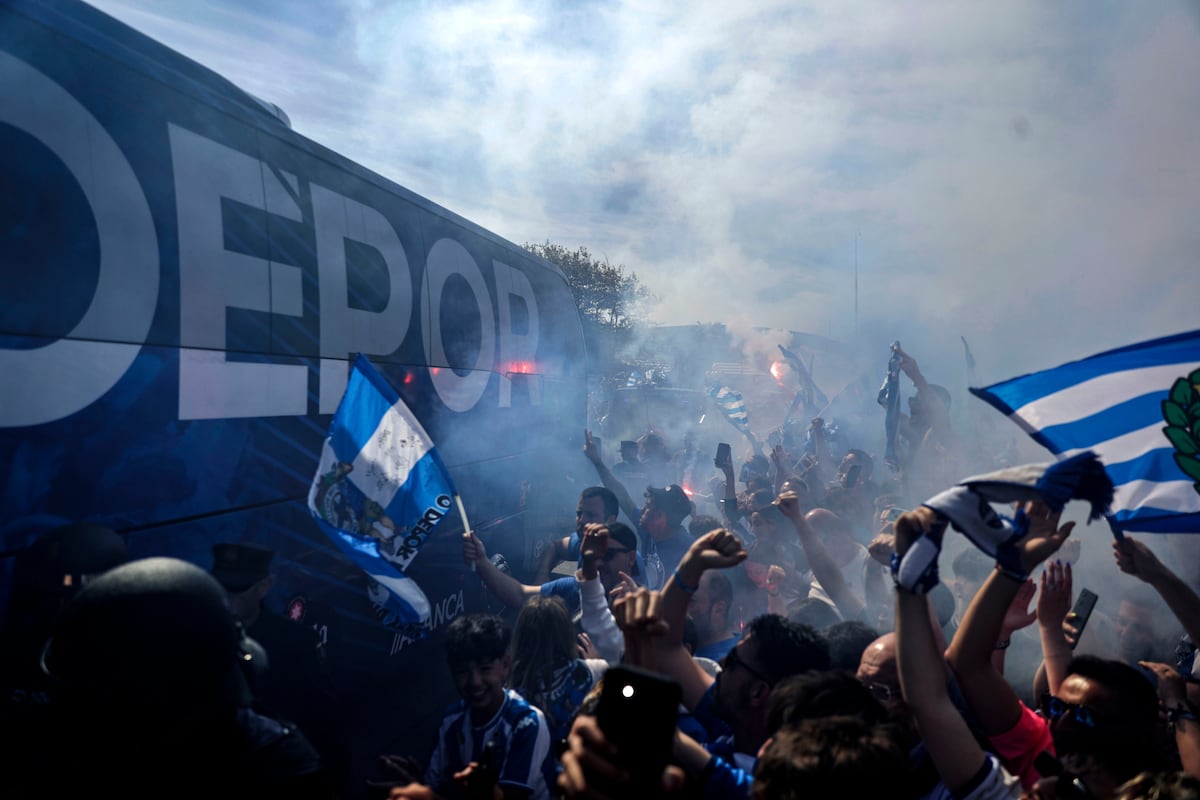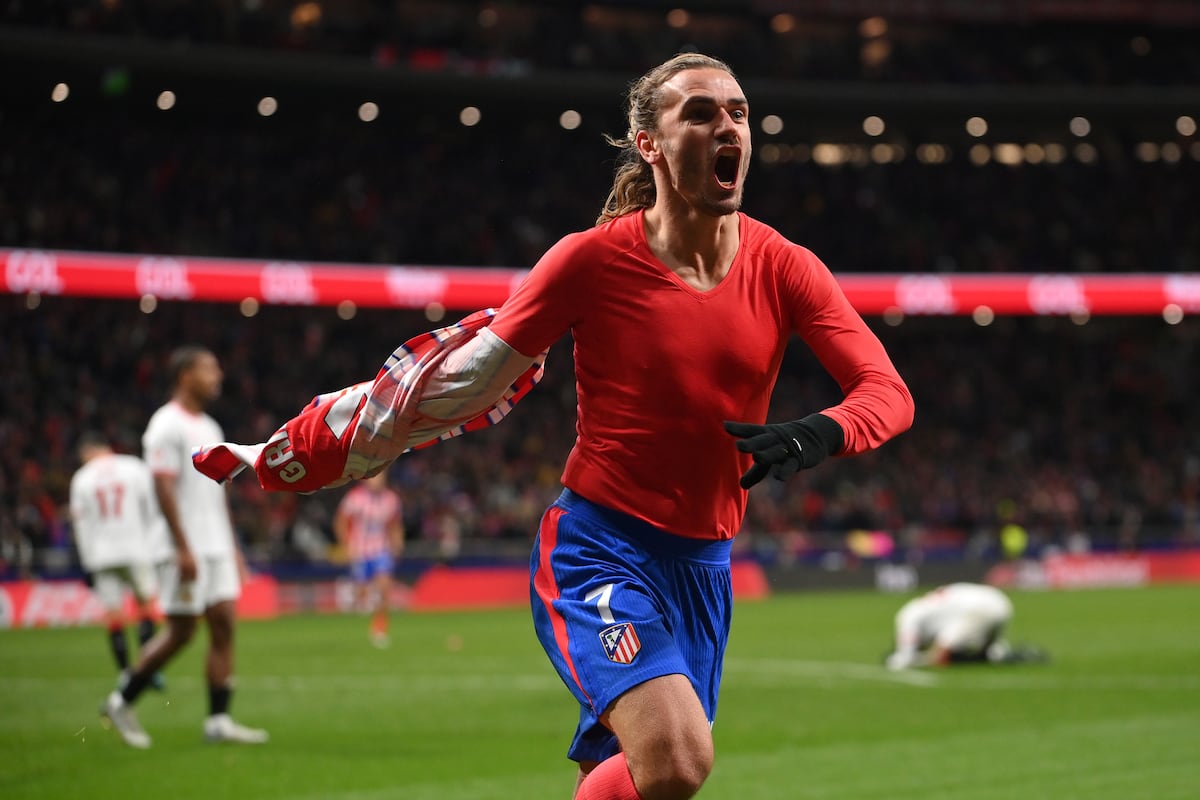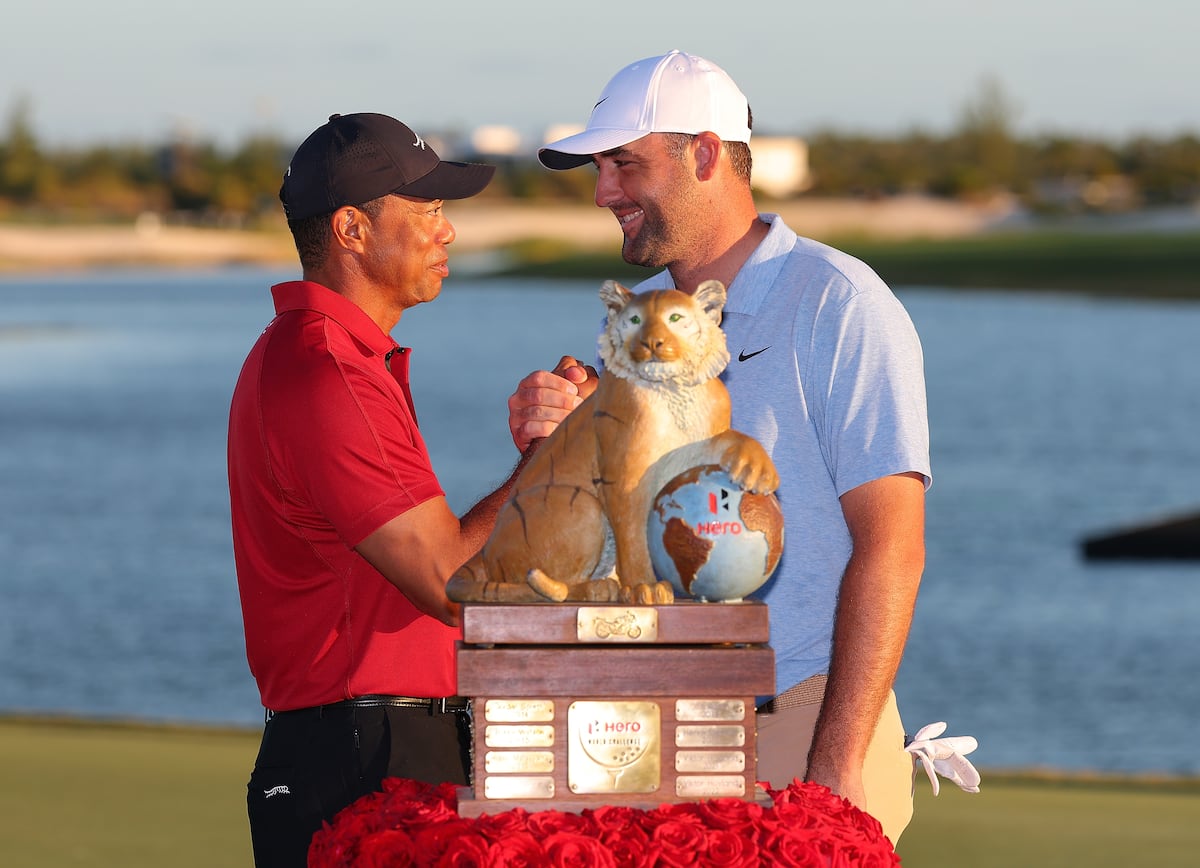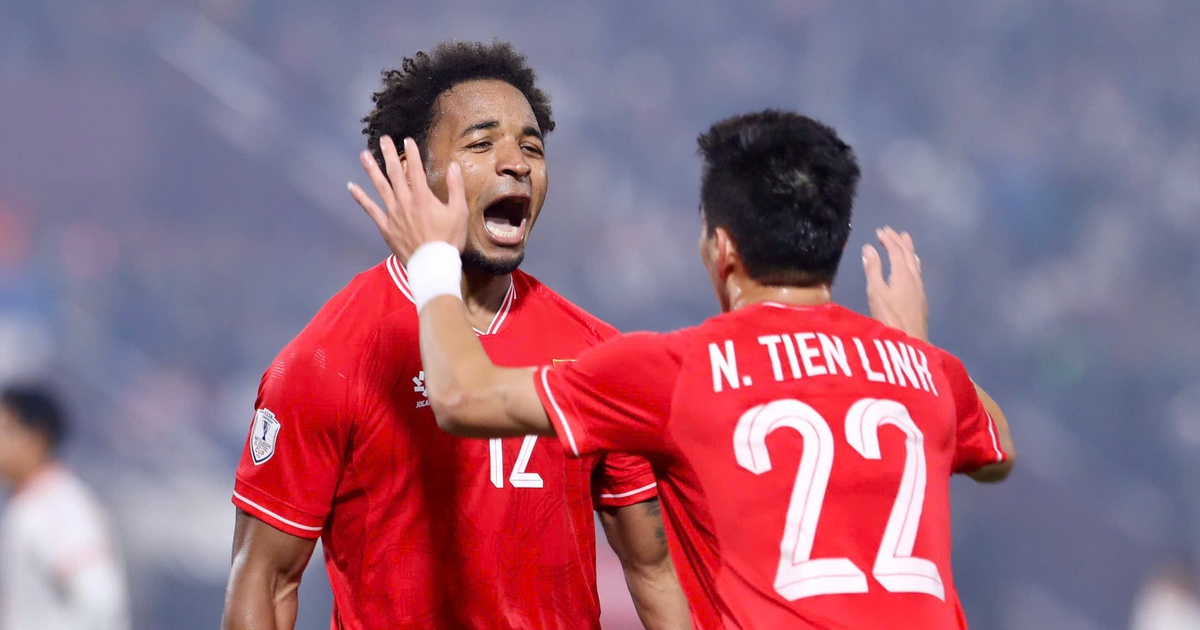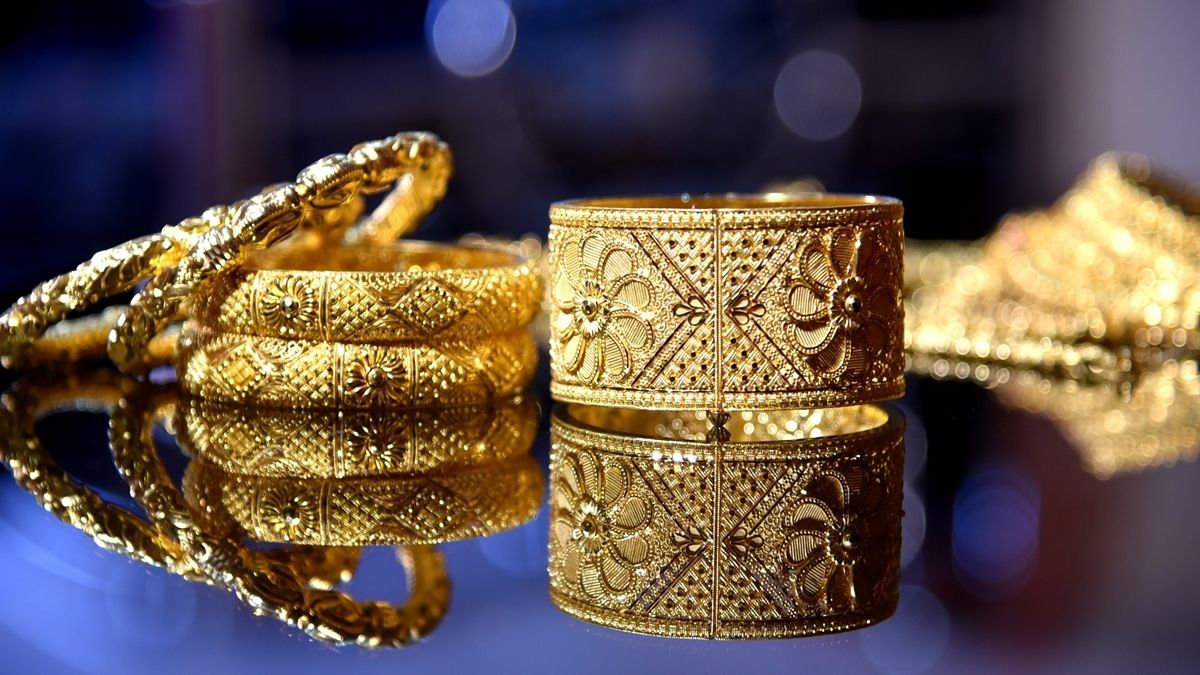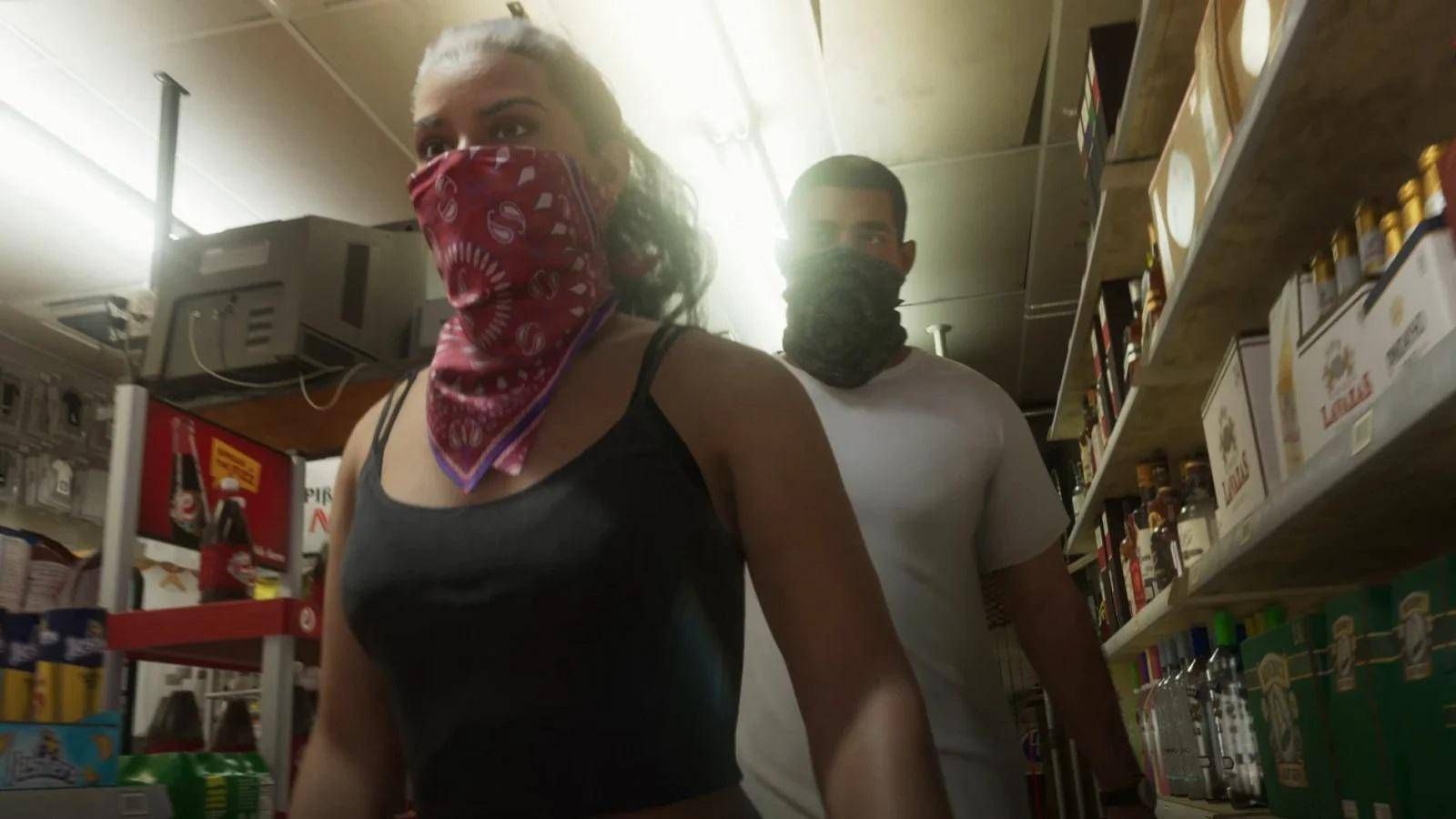Four seasons in the deepest sporting hole in its history were ended with a goal by Lucas Pérez against the Barcelona reserve team, with which he was opposing promotion. The myth of A Coruña sports came for that. He gave up a contract in the First Division to feel something unmatched. After scoring, he opened his arms and shouted his name into the air of Riazor, echoed by the entire stadium. “Luuuucas Péeeerez.” Deportivo, one of the nine historic League champions, returns to professional football and leaves behind an unpleasant stay in the third tier of Spanish football, a stay through which it had only briefly passed on two other occasions.
The promotion should perhaps not be considered a feat for a club far superior to its rivals in economic and, above all, social muscle, but to those who are tempted to undervalue it, it is worth exposing the hardness of a path that has strengthened most of the actors who have traveled it. Deportivo returns, vigorous and pushed by a social mass of 29,000 subscribers and an extensive waiting list to access a seat at Riazor, it also does so with the bankruptcy proceedings, which stifled it so much in the last decade, about to be liquidated . And everyone is clear that now, finally, sportsmanship is a pineapple.
The consequences of a bitter relegation after turbulent campaigns are left behind. In the strange summer of 2020, Deportivo fell into the football catacombs after an unreal final day in which they were unable to take the field to face Fuenlabrada and defend their chances of remaining in parity with their rivals. Since then it has not stopped accumulating disasters. In the last season of the defunct Second B, they were on the verge of falling to the fourth category. On the horn he enlisted in the new First RFEF, where in the last two campaigns he suffered the pain of eliminations in the final minutes of the games. playoffsagainst Albacete and Castellón.
Along the way Abanca consolidated his control of the club. The entity chaired by the Venezuelan banker Juan Carlos Escotet had lent 45 million euros to Deportivo in June 2017 so that it could restructure its debt and avoid payments, under stricter conditions, to the Tax Agency, with which it accumulated defaults. of 99 million out of a total of more than 160 with which it entered into the largest bankruptcy known in football. The club reduced the debt by 70 million euros during the five years of management with Tino Fernández at the helm and a four-year journey in the First Division. But in 2018 they were relegated and a year later suffered a painful defeat against Mallorca in the playoff for promotion to the top category. Fernández, who is now participating in two thriving projects such as Racing de Ferrol and Básquet Coruña, had left shortly before and in January 2020 the bank signed a participatory loan for which it contributed an additional 5 million euros to take control of the shares. of Dépor, which until then had its capital spread among 25,000 shareholders. Since then, each football accident has led to an injection of capital from the bank, which in December 2021 contributed 12 million more, six months ago it added 11.7 more and now lends 17 more to settle the bankruptcy process and organize accounts that show that Abanca He is today the owner of a club of which he will be the maximum and almost only creditor.
The whim of the ball has forced Abanca to redouble its bets. Escotet’s pulse did not tremble either, as last June with the corpse of the team hot after the painful defeat in Castellón, he undertook a demolition that affected all levels of the club. A series of executives trained in the flourishing business schools linked to sports took over the reins. They soon got to work to quell a social mobilization led by the Federation of Peñas and Riazor Blues that paraded in a demonstration through the city center to the bank’s headquarters in a call that demanded respect for the club and requested a meeting of shareholders in person in which sportsmanship had the opportunity to express their opinion. The club responded by calling a telematic meeting on a workday morning in July in which nine small shareholders asked to speak and did not express disagreements. Nor were there any in the last one, already in person, held last December despite the fact that the team came from a catastrophic first round in which it occupied relegation positions to Second RFEF.
On those Christmas Eves, the club’s new executives had already built solid bridges with part of the social fabric that surrounded them, so the focus was barely on the coach, who only attended to the ball. In those convulsions after the end of the last campaign there was a loud response to the election of Imanol Idiakez as coach to replace Rubén de la Barrera from A Coruña. But, even in the midst of a crisis of results, even with a humiliating defeat at home against Celta’s second team, the coach did not stop exuding an honesty that has permeated a large sector of the stands. However, a rout in Irún, a draw in Tarazona and a blow in Riazor against Osasuna’s reserve team left him on the ropes. The boos overshadowed sympathy and Fernando Soriano, the sports director who had supported him against all odds, prepared a plan to replace him. Idiakez had his bags at the exit door while he was fighting in two games at the home of Arenteiro and Barcelona Atlétic, but two goals from Davo, one of the most disliked footballers in the stands, saved him from the buzzer. He ate the nougat and the grapes and since then Deportivo has 48 out of 57 possible points, just one defeat, three draws and fifteen victories. If they overcome the last two days without losing, they will have signed the best historical streak as undefeated in a campaign, a milestone that dates back to the 1980-81 season with 18 matches without a blemish.
The team that entered 2024 nine points behind the lead is now champion and has two games left. The one who had scored 18 goals in 17 games scored 40 in the next 17. The mutation has to do with the undoubted leadership of Lucas Pérez, but above all with the chemistry of the sports emblem with Yeremay and Mella, two young homegrown players who unleashed corsets in a combo supported at the back by expert footballers (Balenziaga, Ximo Navarro, Pablo Vázquez and the Frenchman Pablo Martínez) and in which the veterans Valcarce and Salva Sevilla, two of Soriano’s main bets, have veered towards irrelevance. The second round also freed Lucas to work between the lines as soon as the team recovered Barbero, a nine who was injured on the fourth day and for whom the sports management had not planned an alternative.
When everything aligned and Idiákez found between 11 and 14 trustworthy pieces, the coach put together an invincible Meccano in a category in which the rivals did not stop flattening themselves. Those who used to boo him now cheer him on. Deportivo returns after reading several chapters of the book of failure and memorizing lessons that he should not easily forget.
You can follow Morning Express Deportes inFacebook andxor sign up here to receiveour weekly newsletter.

